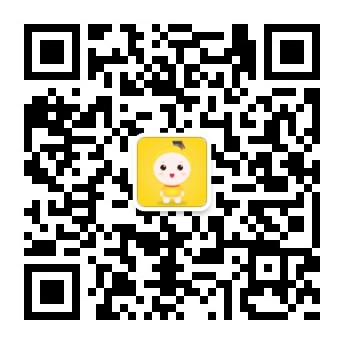Mary MooreWhen Mary Moore began her high school in 1951, her mother told her, “Be sure and take a typing course so when this show business thing doesn' t work out, you'll have something to rely on.” Mary responded in typical teenage fashion. From that moment on, “the very last thing I ever thought about doing was taking a typing course,”she recalls.The show business thing worked out, of course. In her career, Mary won many awards. Only recently, when she began to write Growing Up Again, did she regret ignoring what her mom said, “I don't know how to use a computer,”she admits.Unlike her 1995 autobiography, After All, her second book is less about life as an award- winning actress and more about living with diabetes(糖尿病).All the money from the book is intended for the Juvenile Diabetes Research Foundation (JDRF), an organization she serves as international chairman.But she hasn't always practiced what she teaches. In her book, she describes that awful day, almost 40 years ago, when she received two pieces of life-changing news. First, she had lost the baby she was carrying, and second, tests showed that she had diabetes. In a childlike act, she left the hospital and treated herself to a box of doughnuts(甜甜圈).Years would pass before she realized she had to grow up—again—and take control of her diabetes, not let it control her. Only then did she kick her three-pack-a-day cigarette habit, overcome her addiction to alcohol, and begin to follow a balanced diet.Although her disease has affected her eyesight and forced her to the sidelines of the dance floor, she refuses to fall into self-pity."Everybody on earth can ask, ‘why me?’ about something or other," she insists.“It doesn't do any good. No one is immune(免疫的)to heartache, pain, and disappointments. Sometimes we can make things better by helping others. I've come to realize the importance of that as I've grown up this second time. I want to speak out and be as helpful as I can be.”4.When Mary received the life-changing news, she ______.

 笔果题库
笔果题库
